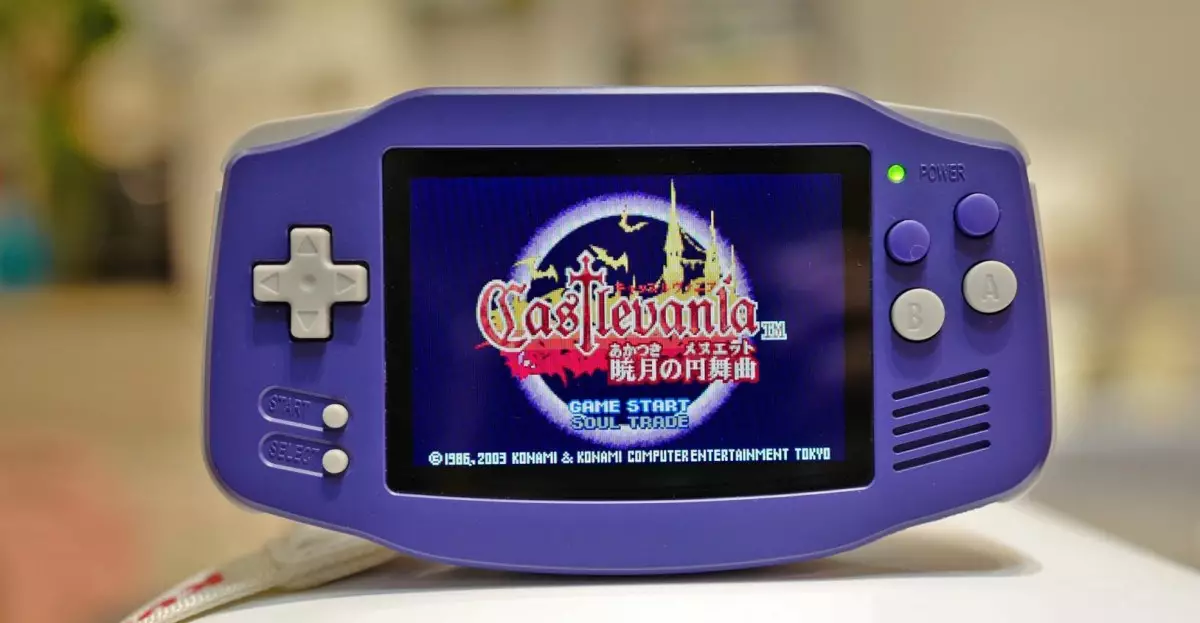The gaming industry faces a pivotal moment, particularly for retro gaming enthusiasts who cherish devices reminiscent of their childhood. Anbernic, a prominent Chinese manufacturer known for producing affordable Nintendo Game Boy clones, has carved out a niche that allows budget-minded gamers to access beloved classics without breaking the bank. However, these cherished devices are now at risk due to looming trade restrictions and tariff hikes introduced in recent discussions of U.S. trade policies. President Trump’s proposed tariffs, which could soar up to 245%, threaten not just Anbernic but a wide array of affordable imports that many consumers have come to depend upon.
The Immediate Reaction of Anbernic
Anbernic has not remained passive in the face of these uncertainties. The company’s immediate response to the U.S. government’s shifting tariff landscape was to halt all direct shipments from its Chinese warehouses to the U.S., urging consumers instead to purchase from its already established American warehouses. This has left many customers wondering how long this disruption could last and what alternatives they might have in the interim. This was not merely a precautionary measure but a calculated move to protect the affordability of their products, as increased tariffs would inevitably inflate prices.
The decision to prioritize U.S. domestic stock has raised questions about Anbernic’s operational strategies. Historically, the company has used a drop-shipping model from China but now appears to pivot towards a more localized approach to mitigate any financial fallout. This strategic shift could further solidify the brand’s reputation, demonstrating responsiveness in an unpredictable market, but it raises concerns about inventory depletion and potential delays for consumers eager to get their hands on the latest handheld.
The Broader Implications of Tariffs on Consumers
For average consumers, the impending tariffs create a ripple effect that extends beyond the price of Anbernic devices. With prices slashed nearly universally on imported goods due to these tariffs, gaming enthusiasts might face an ultimatum: either pay more for the convenience of nostalgia or forego their retro gaming dreams altogether. This poses not only an economic challenge but also an emotional one for those whose passion lies in reliving the golden age of gaming. The beauty of retro handhelds rests not in their technological superiority but in their historical significance, making them treasures to a generation that fondly remembers childhood gaming experiences.
Tariffs can tilt the scales significantly, resulting in prices that may ultimately push Anbernic’s offerings beyond a reasonable budget for the average gamer. As seen in many import scenarios, the consequences of such tariff increases may not solely affect the price tags; they could also diminish the diversity of options available to consumers. If the U.S. market becomes less attractive to companies like Anbernic, the possibility exists that the company—and others like it—may entirely disengage from North American consumers.
The Competition and the Future of Retro Gaming Imitators
As Anbernic navigates these turbulent waters, other players in the gaming market are watching closely. Companies that produce similar devices may step in to fill any gaps left by Anbernic’s absence or may also face the same troubles hampering their operation capabilities. The reality is that tariffs don’t inhibit just one company; they set off a chain reaction affecting an ecosystem of businesses that thrive on the importation of thriving products from overseas.
Moreover, this brings to light the issue of counterfeit sales and third-party alternatives, typically found on platforms like Amazon. While these might provide some temporary respite for consumers seeking inexpensive gaming devices, they come with their own set of challenges—including warranty issues and legal risks. The retro gaming community thrives on authenticity, and many players value original products, making the influx of inferior clones a risky gamble.
In the end, this situation calls for more than just customer vigilance; it needs broader advocacy for fair trade practices. The stakes continue to climb, and as U.S. policymakers consider the implications of tariffs, stakeholders on all sides must reflect on their approach, lest future generations merely hear tales of nostalgic gaming treasures rather than see them in their hands. Simply put, the gaming world deserves better than to be strangled by trade barriers.


Leave a Reply